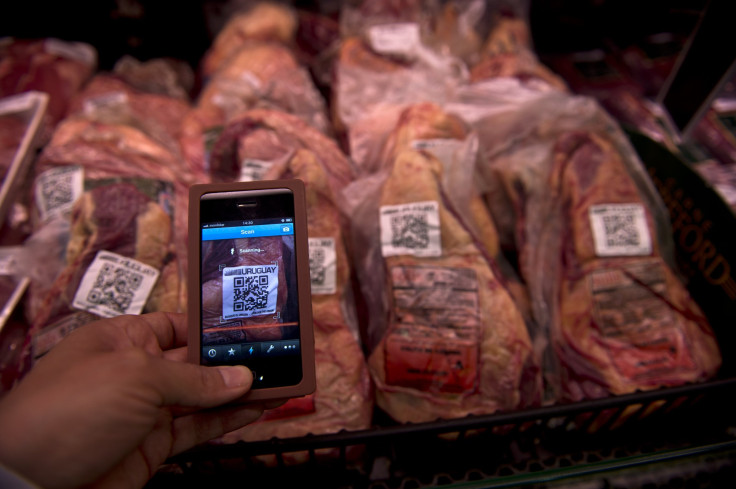Labeling Debate: Senate Law Could Pass, But Genetically Modified Food Labels Could Be Hard To Read

A U.S. Senate committee reached a bipartisan deal Thursday to advance a bill requiring labeling of all packaged foods in the U.S. containing genetically modified organisms (GMOs). But lawmakers bowed to industry pressure, allowing producers to use electronic labels that would require consumers to scan them with smartphones.
“This bipartisan bill is a win for consumers and families,” Sen. Debbie Stabenow, D-Mich., said in a statement following her vote in support of the committee measure. “For the first time ever, consumers will have a national, mandatory label for food products that contain genetically modified ingredients.”
The bill (which can be read here) was approved by Republicans and Democrats on the Senate Committee on Agriculture, Nutrition and Forestry. The full Senate may vote on the bill after lawmakers return from a summer break July 5, four days after a similar but stricter law takes effect in Vermont.
Unlike the Vermont law, which requires “the clear and conspicuous words ‘produced with genetic engineering,’ ” the proposed federal law allows producers to use “a text, symbol, or electronic digital link.”
This gives food and beverage producers a way to include labels that could be easily overlooked and impossible to read without scanning the label with a smartphone or other portable device, critics have argued.
The industry's main lobbying group, the Grocery Manufacturers Association, has opposed GMO labeling requirements but supported the measure after lawmakers agreed to the electronic-label option, according to ABC News.
“This bipartisan agreement ensures consumers across the nation can get clear, consistent information about their food and beverage ingredients and prevents a patchwork of confusing and costly state labeling laws,” Pamela Bailey, the GMA's president, said in a statement Thursday.
GMOs are controversial because though no scientific evidence has shown they pose a health hazard, opponents argue that people have a right to decide for themselves if they want to consume food products derived from genetically modified seeds.
Most U.S. corn and soybean crops are derived from GMO seeds and subsequently most packaged foods and beverages use GMO crops — from the high fructose corn syrup in many beverages, condiments and snacks, to the beef, pork and chicken from animals that consume corn- and soy-based feed.
The U.S. Food and Drug Administration insists GMO-derived foods are safe, but skeptics say there isn’t enough research to prove this. Groups like Food & Water Watch oppose any labels that aren’t easily read by consumers.
© Copyright IBTimes 2024. All rights reserved.






















